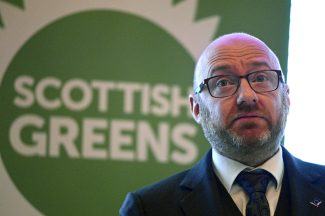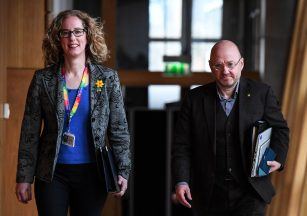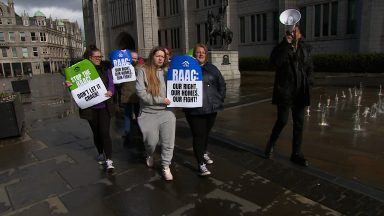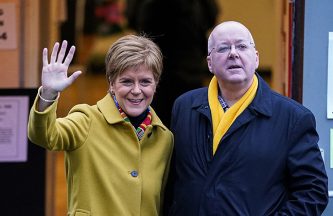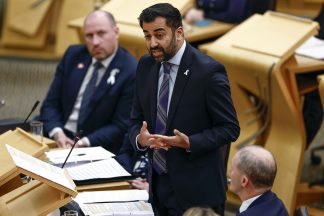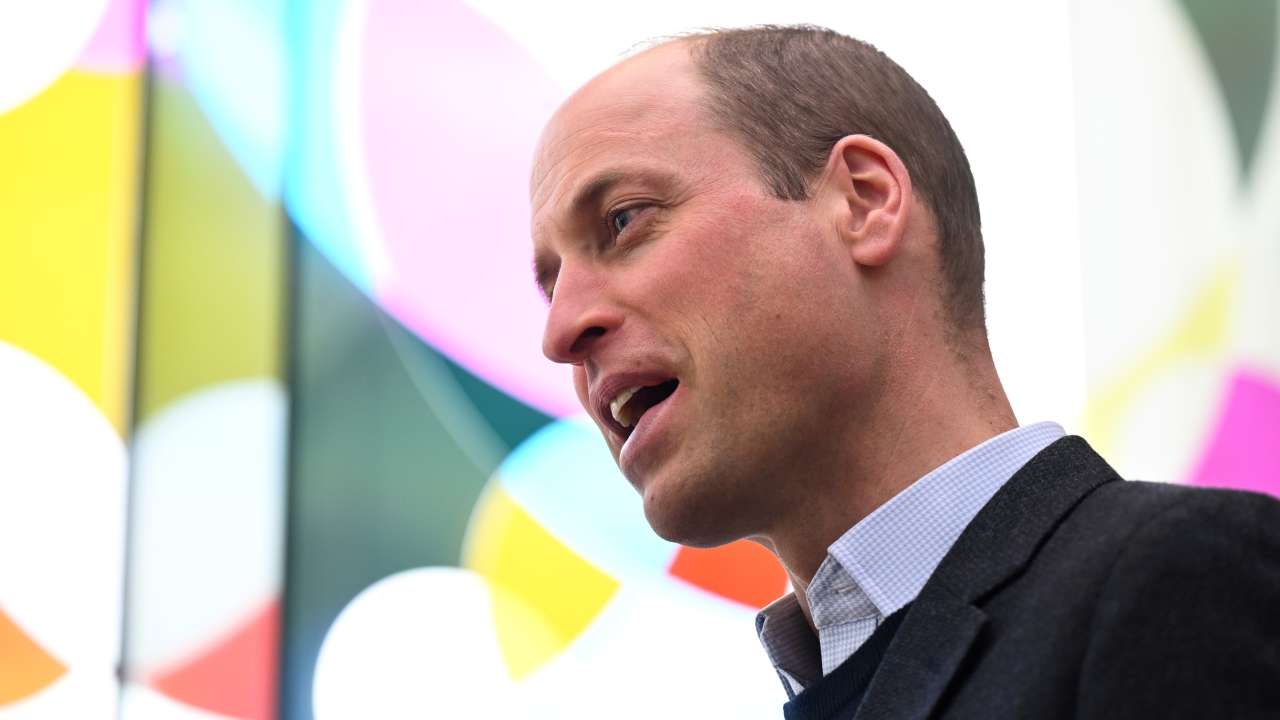In the aftermath of Labour’s disastrous election defeat of 1983, like now, there was a lot of debate about whether we were witnessing the slow death of a party Harold Wilson wanted to make the natural party of government.
The mood 36 years ago was a mixture of anger and denial. Sound familiar? Anger from MPs who knew the manifesto didn’t connect with the party’s working-class base and denial from the architects of the defeat who hailed it a victory for socialism, since millions had backed a genuinely left-wing prospectus.
As the comrades played the blame game, one voice cut through much of the noise about Labour’s predicted demise. Margaret Thatcher opined with remarkable prescience ‘the Labour Party will be a long time dying’. She was of course correct, although the party would lose another two elections before Tony Blair’s landslide victory in 1997.
The naval gazing that comes with bitter introspection is nothing new. Internal implosions of sorts have happened after the defeats in 1959, 1970, 1979, 1983 and 2010.
After 1959 it was clause 4 and unilateral disarmament. Europe dominated after the surprise defeat in 1970. After 1979 a civil war raged for control of the apparatus of the party. Post-1983 it was the purge of the Militant tendency and then a more genteel discussion about post-New Labour politics when Ed beat his brother David Miliband for the leadership in 2010.
At the heart of all of these divisions lies the unbridgeable divide between social democrats and clause 4 socialists, between those who want to ameliorate capitalism and those who want the state to be central to the commanding heights of the economy. Labour’s broad church as Tony Benn, used to remind us, owes much to Methodism and Marxism.
The coexistence of these two competing ideologies within the one party makes Labour an organisation which is frequently uneasy with itself. Indeed, one way to look at Labour’s history is to observe that it is a long chronology of splits punctuated by spells of relative unity which tend to coincide with periods in government.
Labour’s crisis is part of a broader ennui in parties of the Left. The once-mighty German SPD is a skeleton of its former self. Socialists in France continue to despair and even in the Scandinavian countries the affinity bordering on a love affair with social democracy is over.
Conservatism by its very nature is largely about the management of the status quo. Parties of the Left have a tougher job in that they are in the transformation business, a business made all the more precarious since it frequently does not pledge to entrench the interests of those in work at the expense of the marginalised and poor.
I would suggest the apocalyptic talk around Labour at the moment is spurred by the raw emotion of defeat rather than a calm analysis of the facts. I understand where Ian Murray comes from when he says “adapt or die”.
Here is one indisputable fact. Even in England there is a natural majority against the Conservatives. The electoral system rewards disproportionately and ignores the voice of most voters.
And yet in the heat of defeat not one senior Labour figure seems willing to discuss electoral reform. Yes, the voters crushed Labour last Thursday, but the voting system crushed them more to the extent the voices of the 10.2m who wanted a Labour government counts for nothing.
As an aside it is indeed ironical that the SNPs indyref demands have been turbo-charged by a voting system they don’t support. That is not a criticism; parties have to play by the rules as they exist.
Labour will not die because there will always be a demand for the values they have historically championed. And if not Labour, then who is to represent the voice of the centre-Left? The fear – and this is a genuine one – is that they will always be around but never in government.
The boundary commissioners are likely to make Labour’s task even more difficult. It really is time that they had a debate around electoral reform as part of a wider discussion around some of the issues of the last year that has so defined a broken politics.
Back to that unbridgeable ideological divide. If the coming debate polarises between those who want more of the red meat of socialism against those who want a New Labour mark two, then this will be a debate that will play out in division just as it has done so often in the past.
Debates about policies and leaders will take their course. They will amount to nothing unless the voices of the people who want change can be heard.
The current electoral system is deaf to the demands of most people who vote. It is a system which encourages tactical voting i.e. vote for what you don’t believe in, in order to defeat someone you dislike even more.
It is a system which is ruthless in purging the body politic of a more representative, pluralist politics; a winner-takes-all format which gives no stake to the majority who vote.
Labour will not die but its ambitions to govern might. Much of what it believes in asks a simple question, how do we make power work for the people we represent? It is the people Labour represents that have been cheated by the system and it is time for Labour to ask if the current system needs to go.




